Issue #1: Design Justice
(via @jodikantor)
Welcome to the first issue of toofnotes. One of three exciting newsletter experiments from Toof Press -- an independent print and design workspace in Belmont, Trinidad. Every month, I’ll email you design and publishing related stuff happening at Granderson Lab, where Toof Press is located. Thank you for being a subscriber, and welcome again to toofnotes.
...
Design is the colonisation of ideas.
— Anonymous (Port of Spain, Trinidad)
This was quoted from an elderly architect I encountered at a book launch event at Medulla Gallery in 2015. This statement has stuck with me ever since. Radical, and painfully true -- while design influences, it’s also influenced. That today in 2020 -- COVID-19, #BlackLivesMatter, #MeToo, climate change, big tech -- there is an urgent responsibility for design to LISTEN, and to STAND UP in places that perpetuate inequality. #DesignForDignity #DesignJustice
The below document is from the Design Justice Network,
...
DESIGN JUSTICE NETWORK PRINCIPLES
This is a living document.
Design mediates so much of our realities and has tremendous impact on our lives, yet very few of us participate in design processes. In particular, the people who are most adversely affected by design decisions — about visual culture, new technologies, the planning of our communities, or the structure of our political and economic systems — tend to have the least influence on those decisions and how they are made.
Design justice rethinks design processes, centers people who are normally marginalized by design, and uses collaborative, creative practices to address the deepest challenges our communities face.
We use design to sustain, heal, and empower our communities, as well as to seek liberation from exploitative and oppressive systems.
We center the voices of those who are directly impacted by the outcomes of the design process.
We prioritise design’s impact on the community over the intentions of the designer.
We view change as emergent from an accountable, accessible, and collaborative process, rather than as a point at the end of a process.
We see the role of the designer as a facilitator rather than an expert.
We believe that everyone is an expert based on their own lived experience, and that we all have unique and brilliant contributions to bring to a design process.
We share design knowledge and tools with our communities.
We work towards sustainable, community-led and -controlled outcomes.
We work towards non-exploitative solutions that reconnect us to the earth and to each other
Before seeking new design solutions, we look for what is already working at the community level. We honour and uplift traditional, indigenous, and local knowledge and practices.
...
Published under the Creative Commons Attribution - NoDerivatives 4.0 International Licence (CC BY-ND 4.0)
Further reading:

